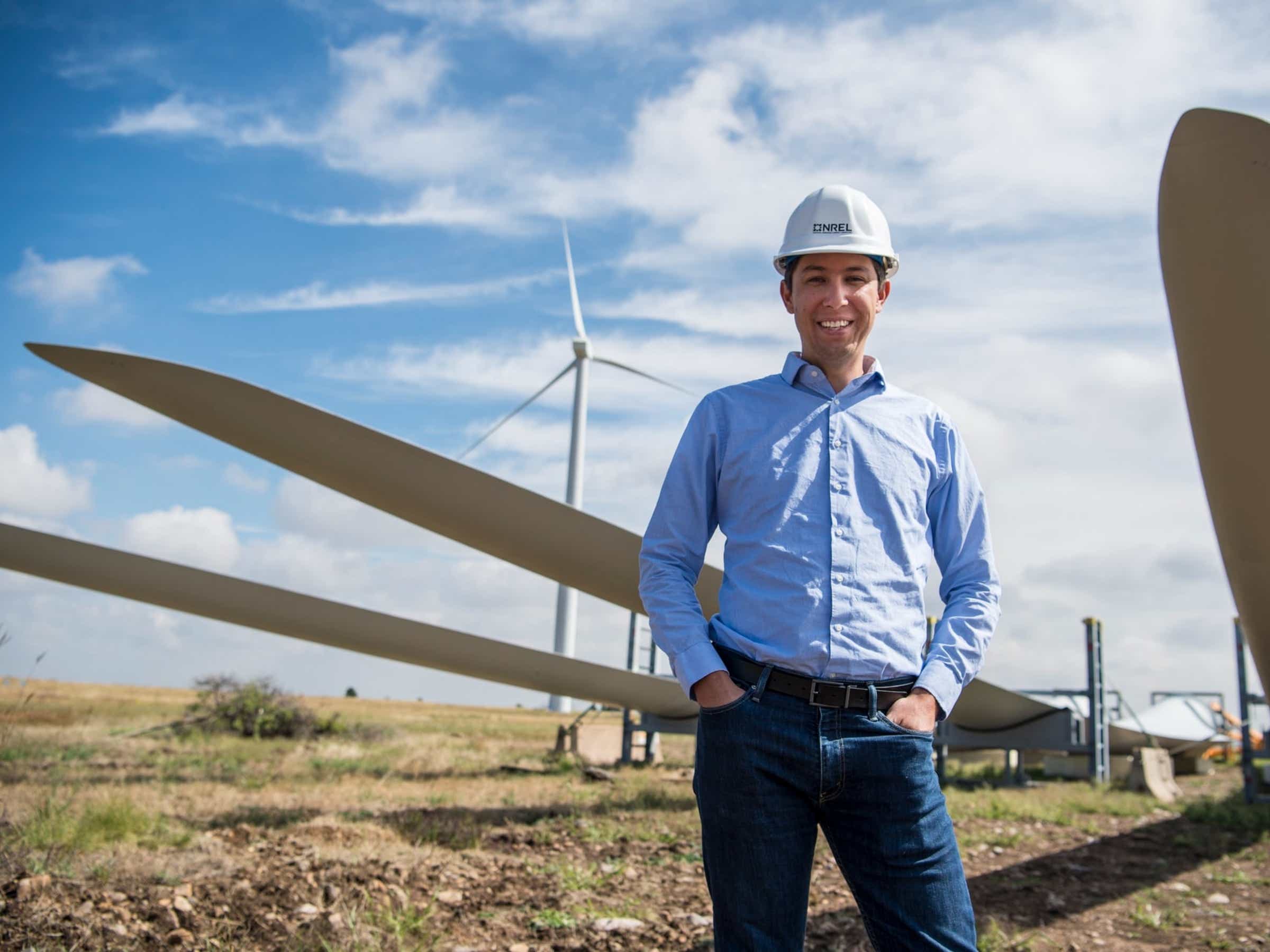
Environmental engineering is an innovative field that plays a crucial role in protecting our planet and ensuring sustainable development. These professionals combine their expertise in engineering and environmental sciences to find solutions to pressing environmental challenges. From designing water treatment systems to developing strategies for waste management, environmental engineers have a significant impact on improving the quality of our environment.
In this article, we will delve into the fascinating world of environmental engineering and uncover some mind-blowing facts about this discipline. Whether you are a student considering a career in environmental engineering or simply have an interest in environmental issues, these facts will give you a deeper understanding of the importance of this field and the amazing work that environmental engineers do on a daily basis.
Key Takeaways:
- Environmental engineers are superheroes for the planet, designing sustainable solutions, purifying water, and fighting climate change to create a better world for us all.
- They work with cutting-edge technology, collaborate with other professionals, and are the guardians of our future, ensuring a sustainable and harmonious relationship between humans and the environment.
Environmental engineers design sustainable solutions.
From renewable energy systems to eco-friendly infrastructure, environmental engineers are dedicated to creating innovative and sustainable solutions to preserve our natural resources.
They tackle water pollution head-on.
Environmental engineers develop techniques to purify water sources and manage wastewater treatment, ensuring access to clean water for communities around the world.
Climate change mitigation is their top priority.
These dedicated professionals work tirelessly to develop strategies and technologies that mitigate the impacts of climate change and reduce carbon emissions.
Environmental engineers assess and remediate contaminated sites.
They identify and clean up polluted areas, using their expertise to ensure the health and safety of both humans and the environment.
They play a vital role in waste management.
Environmental engineers implement efficient waste management systems, including recycling programs and waste-to-energy processes, to minimize the environmental impact of waste disposal.
Environmental engineers monitor air quality.
By designing and implementing air pollution control technologies, they help improve the quality of the air we breathe and reduce the harmful effects of pollutants.
They strive for sustainable urban planning.
From designing green spaces to promoting smart transportation systems, environmental engineers contribute to creating sustainable, livable cities for generations to come.
Environmental engineers work in diverse industries.
These professionals have the opportunity to work in various sectors, including government agencies, consulting firms, research institutes, and non-profit organizations.
They employ cutting-edge technology.
Environmental engineers harness the power of advanced technologies like remote sensing, GIS (Geographic Information System), and modeling to gather data and make informed decisions.
They conduct environmental impact assessments.
Environmental engineers evaluate the potential environmental consequences of proposed projects, ensuring that development is done in a sustainable and responsible manner.
They promote environmental education and awareness.
Environmental engineers play an active role in educating communities about environmental issues and encouraging sustainable practices to protect our planet.
They collaborate with other professionals.
Environmental engineers work hand-in-hand with scientists, policymakers, and stakeholders to develop comprehensive solutions that address complex environmental challenges.
They contribute to policy development.
With their in-depth knowledge and expertise, environmental engineers actively participate in shaping environmental policies and regulations to promote sustainability.
Environmental engineers are the guardians of our future.
These dedicated professionals are at the forefront of protecting our environment, ensuring a sustainable future for generations to come.
Conclusion
In conclusion, environmental engineering is a fascinating field that plays a crucial role in addressing environmental challenges and promoting sustainability. The 14 mind-blowing facts mentioned above shed light on the diverse responsibilities and impact of environmental engineers. From designing innovative solutions to minimizing pollution and conserving resources, to tackling climate change and improving public health, environmental engineers are at the forefront of creating a greener and more sustainable future.With their multidisciplinary knowledge and skills, environmental engineers are instrumental in shaping policies and implementing strategies that balance economic development with environmental preservation. Their work not only benefits society but also contributes to the overall well-being of our planet.As the world faces increasingly complex environmental issues, the role of environmental engineers will continue to be vital in ensuring a sustainable and resilient future for generations to come.
FAQs
1. What is environmental engineering?
Environmental engineering is a branch of engineering that focuses on applying scientific and engineering principles to address environmental challenges. It involves designing and implementing sustainable solutions to protect and improve the environment.
2. What do environmental engineers do?
Environmental engineers work on various projects, including waste management, water treatment, air pollution control, sustainable infrastructure development, and environmental assessment. They analyze the impact of human activities on the environment and develop strategies to mitigate potential risks.
3. What qualifications do I need to become an environmental engineer?
To become an environmental engineer, you typically need a bachelor’s degree in environmental engineering or a related field. Some positions may require a master’s degree or relevant work experience. Strong analytical and problem-solving skills are also essential in this profession.
4. What are the career prospects for environmental engineers?
The demand for environmental engineers is growing as society places greater importance on sustainability and environmental protection. Environmental engineers can find employment in government agencies, consulting firms, research institutions, and industries such as energy, manufacturing, and construction.
5. How does environmental engineering contribute to sustainability?
Environmental engineers play a key role in developing sustainable practices and technologies that minimize environmental impact. They design efficient waste management systems, promote renewable energy sources, advocate for green building practices, and work towards preserving natural resources for future generations.
Environmental engineers are true heroes, protecting our planet and ensuring a brighter future. Curious about their incredible work? Dive into the fascinating world of pollution control, where engineers tirelessly combat water contamination. Discover how they champion sustainability, creating eco-friendly solutions for a greener tomorrow. And don't miss the intriguing realm of environmental remediation, where engineers harness the power of microbial biofilms to restore contaminated sites. Join us on this exciting journey and uncover the awe-inspiring facts about environmental engineering!
Was this page helpful?
Our commitment to delivering trustworthy and engaging content is at the heart of what we do. Each fact on our site is contributed by real users like you, bringing a wealth of diverse insights and information. To ensure the highest standards of accuracy and reliability, our dedicated editors meticulously review each submission. This process guarantees that the facts we share are not only fascinating but also credible. Trust in our commitment to quality and authenticity as you explore and learn with us.


